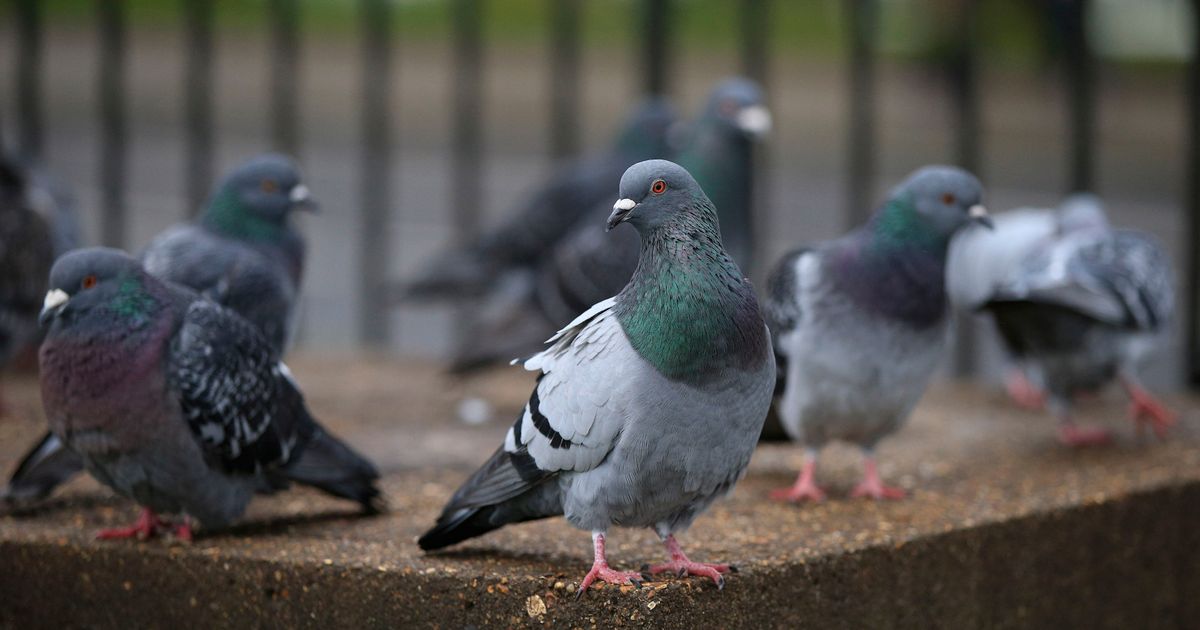Causes And Risk Factors Of Hypersensitivity Pneumonitis
Pigeon Breeder's Disease

Pigeon breeder's disease is the result of an allergic reaction to organic protein compounds that come from the droppings of birds, immunoglobulins, intestinal mucin, or the substance that coats the birds' feathers or the boom on the feathers. Most patients who suffer from this disease are occupationally interacting with birds on a regular basis. The birds that are most known to be responsible for pigeon breeder's disease are parakeets, shell parakeets, turtle doves, chickens, pigeons, cockatiels, parrots, and turkeys. After the initial reaction happens, if there is repeated and continuous exposure to the antigen in question, often an individual will experience significant weight loss and scarring or fibrosis of the lungs. The disease is considered to be a cause of hypersensitivity pneumonitis after the allergy itself forms and subsequent repeated allergic reactions ensue upon exposure to the antigen. Most often, individuals who develop this condition have to leave their bird tending occupations permanently. For an indoor or partially indoor facility that houses birds, it can take up to six full weeks to eradicate all of the potential bird related antigens.